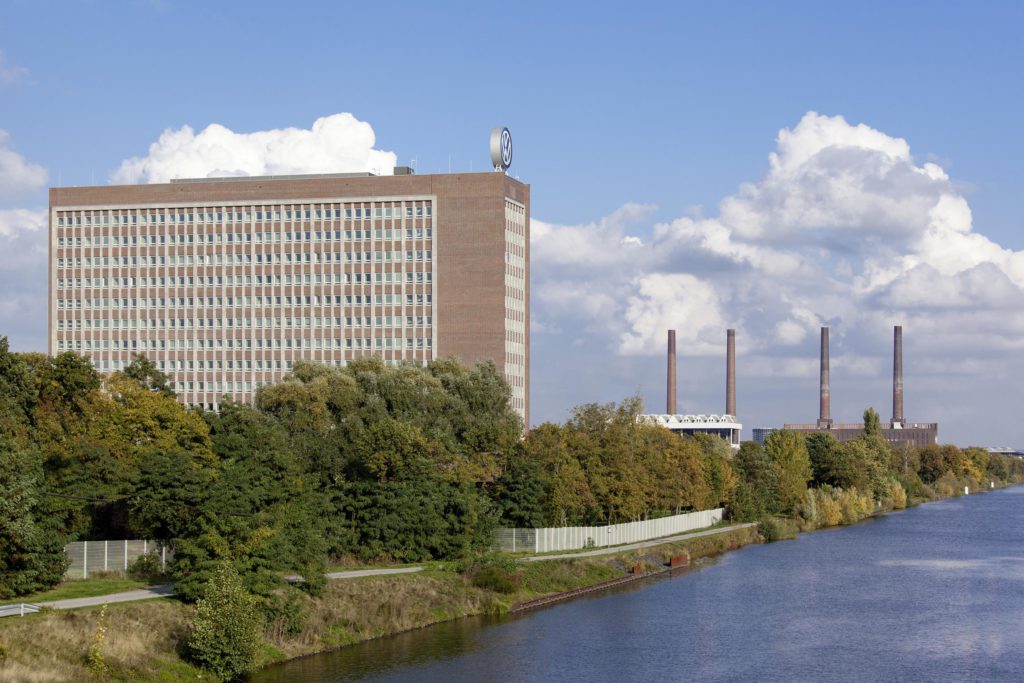Dieselgate scandal roots revealed as industry in spotlight for German election
29 August 2017

29 August 2017
The Volkswagen (VW) diesel scandal, first uncovered in 2015, has seen many twists and turns, with investigations in the US and Europe, fines and compensation claims and ultimately, further restrictions on diesel engine technology as a whole.
However, it is now believed that the place where the scandal started has been uncovered: a research facility within VW’s own headquarters. The company used the secret site to upload the cheat software that was able to detect when a vehicle was undergoing the EU emissions lab test, and adjust the emissions accordingly. According to Automotive News, the site had unusually tight security rules that prevented access to those not involved in the project, including high-level employees who could enter all other development sites.
VW has constantly suggested that the manipulation software development was restricted to a small group of rogue engineers. However, the existence of a test facility within the company’s own headquarters suggests that work was carried out in close proximity to executive offices, raising questions about when the management board really knew about the activities.
According to a plea agreement between VW and US authorities, the development of cheating software began in 2006, when VW engineers struggled to develop a diesel engine to meet strict US guidelines without sidelining performance. The security arrangements on the facility were in place between 2006 and 2008, with the first car fitted with the cheat device registered in 2009.
A former senior quality manager at the carmaker has told investigators he informed then-CEO Martin Winterkorn on July 27, 2015, that the automaker had cheated during diesel emissions tests in the US, according to German media. VW insists that its executive board did not learn about the seriousness of the situation until late August 2015, just weeks before news of the scandal broke.
According to a report by German daily Sueddeutsche Zeitung, Bernd Gottweiss, a top quality manager who was Winterkorn’s trouble shooter, told German and US investigators that the then-CEO phoned him on July 27 to inquire about problems with the certification of new models in the US. He says he then told the CEO that VW had ‘cheated’ in the country, the report said.
The investigation has intensified in the US, where the cheating was first uncovered, with VW engineer James Liang, the first to be criminally charged over the scandal, being sentenced to 40 months imprisonment and a $200,000 (€166,200) fine. Liang had pleaded guilty to conspiracy to commit fraud and violate the country’s Clean Air Act, and had agreed to cooperate with a federal prosecutor’s probe into the company’s conduct.
Liang’s lawyer had advocated for an even more lenient sentence involving no jail time at all, pointing out that Liang’s cooperation had helped prosecutors build a case against Oliver Schmidt, former head of US environmental compliance at Volkswagen. Mr Schmidt has pleaded guilty.
The scandal has caused repercussions for the entire automotive industry, with companies and governments being judged on their appraisal of diesel technology, with many looking to abandon the technology for cleaner alternatives.
With Germany’s national elections arriving later in September 2017, diesel has now become a high level political tool in the campaign. As usual leading up to elections, the politicians are using any issue within their means to either support their party or demean the opposition.
Chancellor Angela Merkel said car buyers could get collective lawsuits against Germany’s automotive industry over excessively polluting diesel engines, after her main election challenger accused her of blocking the option. In an interview with national broadcaster ZDF, Merkel said Germany allows plaintiffs to bundle lawsuits against financial companies and the same rights could be offered to car buyers if done right. This would allow collective lawsuits similar to those which VW faces in Italy and the Netherlands.
Meanwhile, Social Democratic Party challenger Martin Schulz, Merkel’s coalition ally in recent years but her main opposition in the German polls, has suggested that the Chancellor has been slow to react to the scandal since it broke two years ago.
Yet Merkel is treading on dangerous ground, with around one in five jobs in the country reliant on the automotive industry. She has changed her position in recent months, criticising VW for their role, and is now urging German manufacturers to push their development of electric vehicles to challenge Tesla and bring clean motoring to the country and Europe.
Photograph courtesy of Volkswagen Group